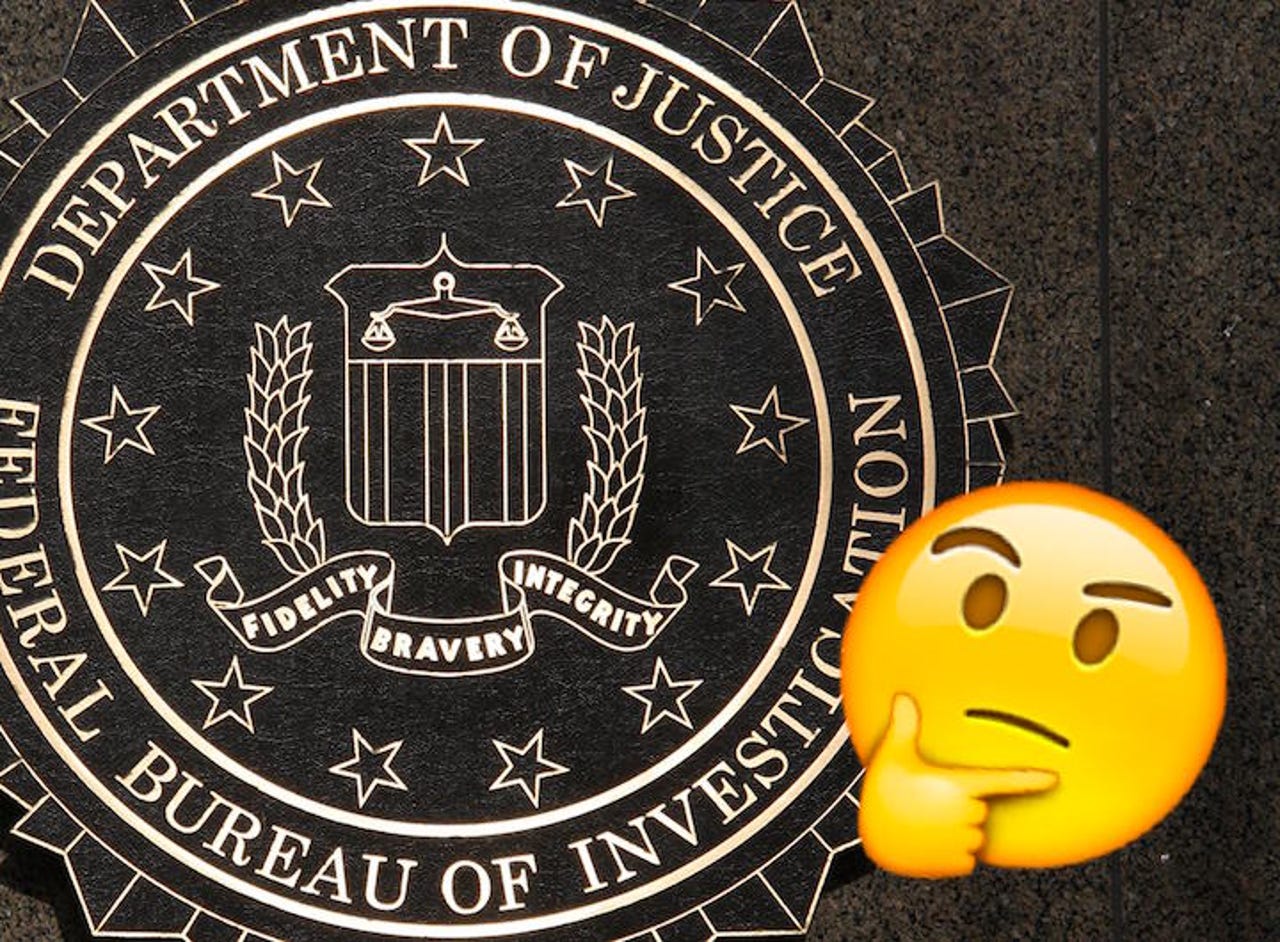FBI says its malware isn't malware because 'we're the good guys'


(Image: file photo)
The FBI does "not believe" that the hacking tools it uses to break into the computers of suspected criminals should be considered "malware," because it says they're used with good intentions.
In the court filing, first spotted by Julian Sanchez, a senior fellow at the Cato Institute, the FBI said that its hacking tools, so-called network investigative techniques (NIT), are not "malicious."
The legal brief written by the FBI last week said that: "A reasonable person or society would not interpret the actions taken by a law enforcement officer pursuant to a court order to be malicious."
"For that reason I do not believe that the NIT utilized in this case pursuant to a court order should be considered to be malware," it added.
The case centers on Operation Playpen, which stirred controversy when it was revealed that federal agents had secretly broken into the child porn site and ran it from a government server. That was when agents deployed its hacking tools to identify the site's users by exploiting a flaw in the Tor browser, used to access the anonymity network.
The FBI refused to detail how the Tor exploit worked, so the judge tossed out the evidence.
The textbook definition of malware is unwanted software -- specifically software designed to "interfere with a computer's normal functioning." In other words, malware is "malicious" no matter what it does, because it's not wanted and interferes with the normal running of a computer.
Despite its troubles in the Playpen case, the FBI was successful in petitioning the Supreme Court to remove restrictions on its operations that would effectively allow the agency to conduct its hacking operations anywhere in the world.
The so-called Rule 41 was changed in May, allowing US judges to issue warrants outside their jurisdiction. Congress must intervene to prevent the rule change, otherwise it will go into effect on December 1.